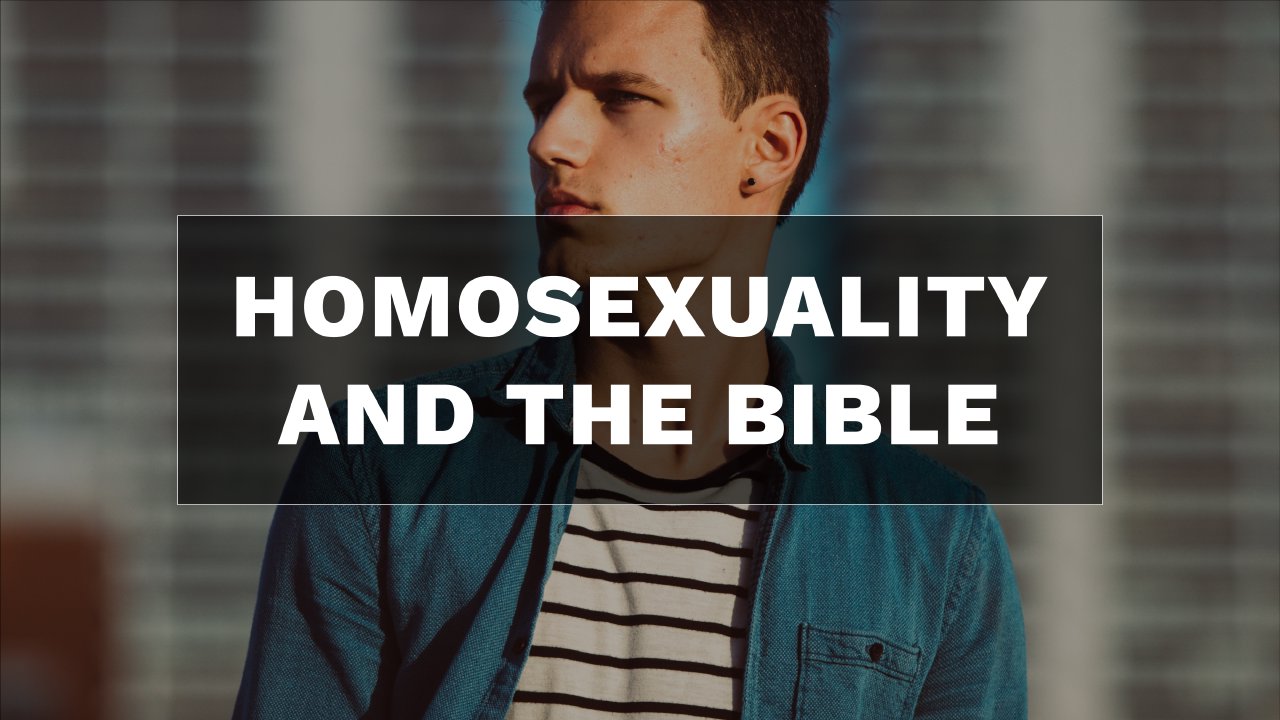Finally, TRP’s “Talking Point #5” says, “The New Testament points toward greater inclusion of gender and sexual minorities, including those who do not fit neatly within binary categories.”
As evidence for this claim, they note that eunuchs were sexually different and thus barred from entering God’s assembly under the Mosaic Law. In the New Testament, though, eunuchs seem to be fully accepted as members of the Christian community under the New Covenant (note Acts 8). Therefore, they say, we have a biblical precedent for inclusion of sexual “others” today, including homosexuals.
Yes, the Ethiopian eunuch’s physical abnormalities (not sexual differences, but anatomical differences) were no barriers to him entering the Kingdom. It’s a stretch beyond belief, though, to characterize this as a “greater inclusion of gender and sexual minorities.” It’s nothing of the kind.
The eunuch’s acceptance into the Kingdom tells us nothing of God’s attitude towards “sexual minorities,” TRP’s euphemism for those with unconventional sexual appetites and/or gender confusion.
Philip was sent by the Spirit to the Gaza Road to respond to a gentile genuinely seeking the true God based on the limited light he’d been given. Nothing can be inferred from this encounter about God’s interest in expanding the church’s sexual diversity.
God’s grace is given to all who put their trust in Him, regardless of sexual appetite. But grace does not leave sinners in sin. Even after condemning homosexuality and other sexual sin, Paul writes, “Such were some of you, but you were washed, but you were sanctified, but you are justified in the name of the Lord Jesus Christ and in the Spirit of our God” (1 Cor. 6:11). That’s the lesson of the Ethiopian eunuch: forgiveness and transformation, not celebration of sexual diversity.

Of Eunuchs and Men
Alan Shlemon
More from
Homosexuality and the Bible




